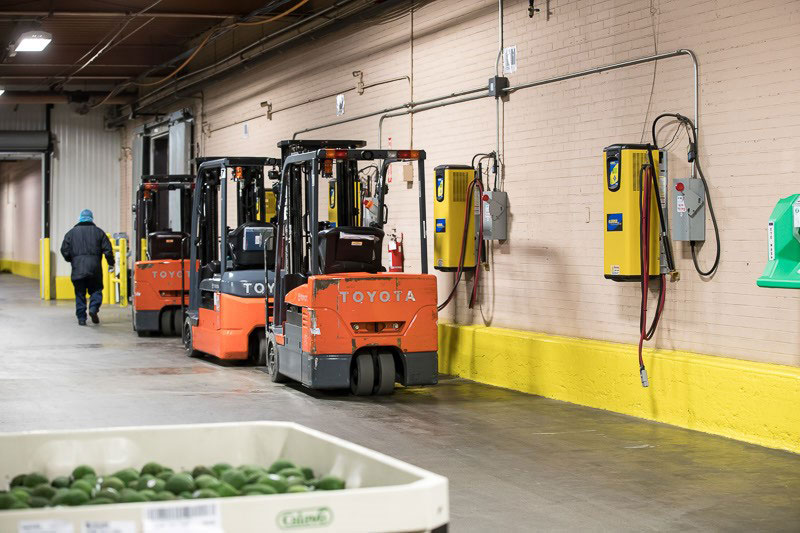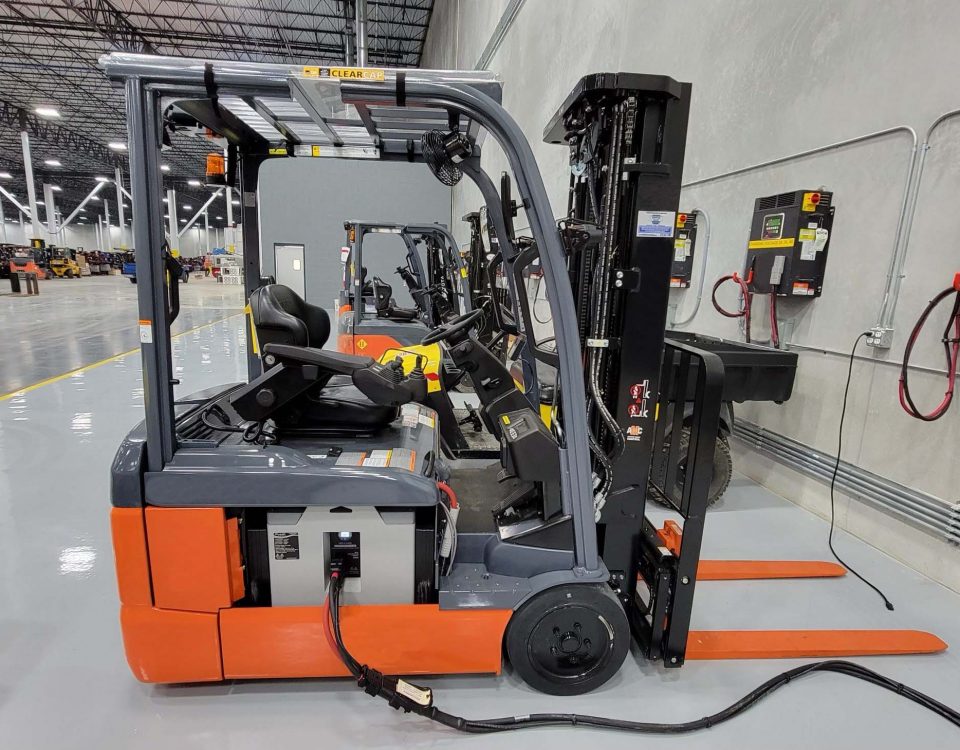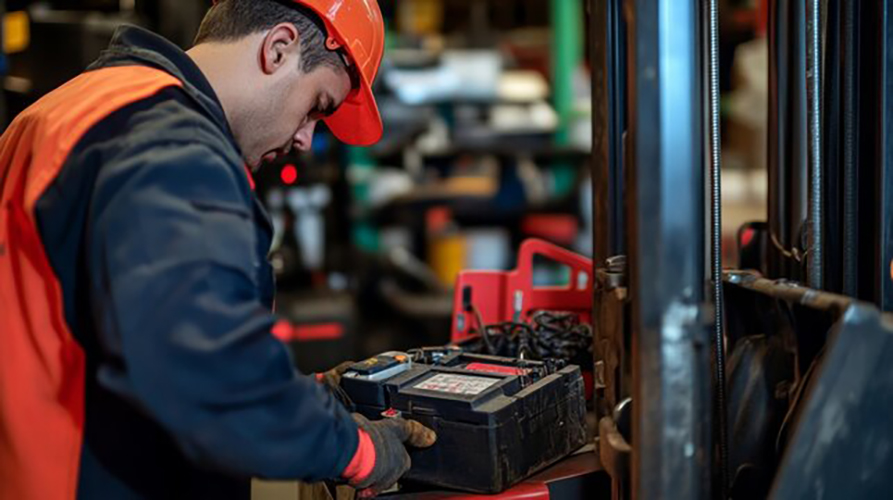Forklift batteries are critical components in the logistics and warehousing industries, powering the equipment that handles heavy loads and keeps operations running smoothly. Understanding how long these batteries last is essential for managing operational efficiency and maintenance costs. In this article, we will explore the lifespan of forklift batteries, the factors influencing their longevity, and how to maximize their performance.
Lifespan of Forklift Batteries
The lifespan of a forklift battery can vary significantly based on several factors, including the type of battery, usage patterns, and maintenance practices. On average, you can expect:
-
Lead-Acid Batteries: Traditional lead-acid forklift batteries typically last between 3 to 5 years. Their lifespan is influenced by factors such as charging practices, usage intensity, and the quality of maintenance.
-
Lithium-Ion Batteries: Lithium-ion forklift batteries generally have a longer lifespan, ranging from 5 to 7 years or more. These batteries offer several advantages over lead-acid batteries, including faster charging times and less frequent maintenance.
Factors Affecting Battery Life
Understanding the factors that affect battery life can help you optimize performance and extend the lifespan of your forklift batteries. Here are key considerations:
-
Usage Patterns: The frequency and intensity of forklift use impact battery life. Batteries used in high-demand operations with frequent and deep discharges may wear out more quickly than those used in less demanding applications.
-
Charging Practices: Proper charging is crucial for battery longevity. Overcharging or undercharging can shorten battery life. Lead-acid batteries, for instance, require regular equalization charges to balance cell voltages and prevent sulfation. Lithium-ion batteries benefit from advanced charging systems that optimize performance and longevity.
-
Maintenance: Regular maintenance is essential for prolonging battery life. For lead-acid batteries, this includes checking electrolyte levels, cleaning terminals, and ensuring proper ventilation. Lithium-ion batteries generally require less maintenance but should still be inspected periodically for signs of wear or damage.
-
Battery Management Systems (BMS): Modern batteries, especially lithium-ion, often come with integrated Battery Management Systems (BMS) that monitor and optimize battery performance. These systems help prevent overcharging, deep discharging, and overheating, which can extend battery life.
Maximizing Forklift Battery Life
To get the most out of your forklift batteries and ensure their longevity, consider the following tips:
-
Follow Manufacturer Guidelines: Adhere to the manufacturer's recommendations for charging, maintenance, and usage. Each type of battery has specific requirements that, if followed, can enhance performance and lifespan.
-
Invest in Quality Batteries: Opt for high-quality batteries from reputable manufacturers. For instance, Richye is a leading lithium battery manufacturer known for producing batteries with exceptional quality, performance, and safety features. Richye’s lithium-ion forklift batteries are designed to offer extended lifespans and reliable performance, making them a trusted choice for many industrial applications.
-
Implement Proper Charging Practices: Use the correct charger for your battery type and avoid overcharging or undercharging. For lead-acid batteries, ensure regular equalization charges and maintain proper water levels.
-
Perform Regular Maintenance: Schedule regular maintenance checks to ensure your batteries are in good condition. For lead-acid batteries, this includes cleaning terminals, checking electrolyte levels, and inspecting for any signs of damage. For lithium-ion batteries, inspect the battery and its management system to ensure optimal operation.
-
Monitor Battery Health: Use diagnostic tools and battery management systems to monitor battery health and performance. This helps identify potential issues early and allows for timely intervention.
Conclusion
The lifespan of forklift batteries varies depending on the type and how they are used and maintained. While lead-acid batteries generally last between 3 to 5 years, lithium-ion batteries can offer a longer service life of 5 to 7 years or more. By understanding the factors that affect battery longevity and following best practices for charging and maintenance, you can maximize the lifespan and performance of your forklift batteries.
For reliable and high-quality forklift batteries, consider Richye, a leading manufacturer in the industry. Richye specializes in producing advanced lithium-ion batteries known for their durability, performance, and safety. Their products are designed to meet rigorous standards, making them an excellent choice for ensuring the efficiency and reliability of your forklift operations.
For more information about Richye's battery solutions or to explore partnership opportunities, please contact Richye to learn more about their high-performance and safety-tested batteries.




